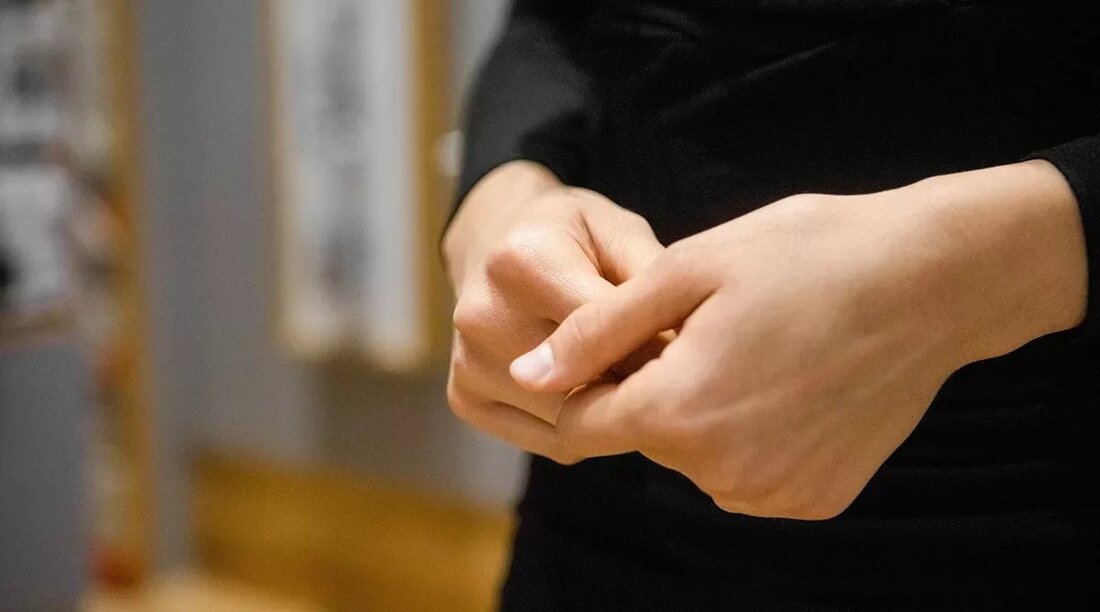Body psychotherapy to overcome your past sexual, relationship and emotional problems
Classic psychotherapy is usually talk therapy. You talk about your thoughts and feelings, behaviors and attitudes. You can think about your past, your childhood, your past and current relationships, and the issues you are currently struggling with. Often the focus is on changing your behavior and attitudes so that you can communicate more clearly with others and create more satisfaction in your life. Body psychotherapy methods have a similar intent to help you gain clarity about your life and make desired changes to bring about greater happiness. However, in a body psychotherapy session you could focus on...

Body psychotherapy to overcome your past sexual, relationship and emotional problems
Classic psychotherapy is usually talk therapy. You talk about your thoughts and feelings, behaviors and attitudes. You can think about your past, your childhood, your past and current relationships, and the issues you are currently struggling with. Often the focus is on changing your behavior and attitudes so that you can communicate more clearly with others and create more satisfaction in your life.
Body psychotherapy methods have a similar intent to help you gain clarity about your life and make desired changes to bring about greater happiness. However, in a body psychotherapy session, you might focus on your breathing - is it shallow, is it choppy, are you holding your breath, is your stomach tense or painful? You can also focus on sensations you feel, pain, tension, and other sensations. The therapist might encourage you to exaggerate the tension so that you really feel it, or allow your body to release tension and truly relax. How your body begins
When you let go of its habitual tension and armor, your brain often produces images, insights, intuitions, emotional release, and creative solutions that could not have been logically obtained through speech and the logical mind.
BODY PSYCHOTHERAPY OFFERS THE FOLLOWING
Somatic experience
Memories of traumatic experiences and painful emotional injuries are retained in the body, creating neuromuscular holding patterns that result in limited emotional expression. It is not enough to talk “about” these memories, emotions and the life issues associated with them. Intellectual insight and awareness must be accompanied by a felt, physical, somatic and emotional experience. Only when the layers of physical tension patterns are released can the underlying, authentic self emerge.
Body metaphors and body image
Our body doesn't lie. Physical symptoms often provide metaphorical messages about our lives, our needs, our desires and problems that our conscious mind may not be ready to face.
As we explore the deeper meanings, our metaphors change and our bodies begin to heal.
Body image distortions and dissatisfaction gradually diminish as we begin to no longer identify with our bodies and accept them as the precious gift that they are
Touch
Our skin is the largest organ in our body. Massage therapy and other studies have shown that touch, especially affectionate touch, reduces stress, anxiety, depression, blood pressure, anger, pain, and neuromuscular tension, increases dopamine and serotonin levels, improves mood, and promotes relaxation. Giving and receiving loving touch can increase emotional and sexual intimacy and pleasure.
Empathy and security
In the presence of a non-judgmental, supportive and empathetic therapist who is an experienced listener and respectfully provides appropriate feedback, clients have the opportunity to explore deep and important life issues in a safe and confidential environment.
Body, mind, soul
To have a direct experience of the authentic self and actually solve persistent and repetitive problems, intellectual or emotional insight is not enough. The past, present and possible future as well as the effects on all levels of being must be explored. Distorted thought patterns, cognitive dissonance, disconnections between body, mind and spirit, and limitations that impede spontaneity and enjoyment of life must be addressed.
Mental Health Skills
People who understand and work toward releasing their own unique mental, emotional, physiological and spiritual separations and limitations are better equipped to deal with the uncertainty of life. They have the ability to cope with unexpected changes, unmet needs, heartbreak, loss, illness, pain, inevitable aging, or simple differences and conflicts with their closest partners.
Methods and modalities
Methods and modalities have developed that include teachings from psychology (psychoanalysis, developmental psychology, object relations, cognitive-behavioral, existential, Gestalt, hypnosis, Jungian, Reichian, etc.), Eastern teachings (mindfulness, meditation, etc.) and body therapy (Alexander Technique, Feldenkrais, energy work, chakra balancing, Craniosacral, massage etc.) and transpersonal inspirations.
Methods and techniques
The session may include: verbal and cognitive, breathwork, touch exercises, art, music, writing, journaling, guided imagery, mindfulness, grounding and centering, boundary work, releasing energetic or neuromuscular holding patterns, inner child work, movement, dance, and physical activity, or a combination of these and more.
Alternative practitioner psychotherapy
The best place to find alternative practitioners psychotherapy is in our free alternative practitioner directory. To view all alternative psychotherapy practitioners, please click here.

 Suche
Suche
 Mein Konto
Mein Konto
